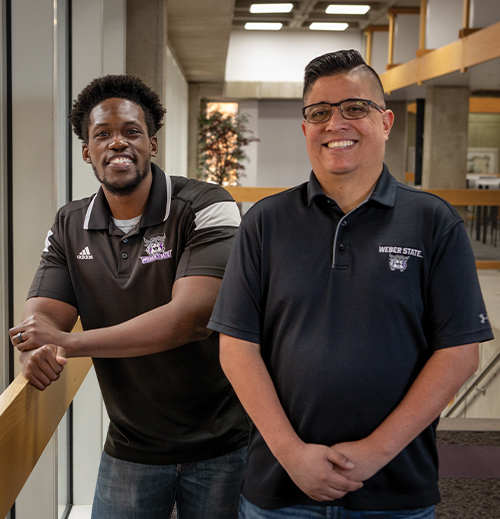Courageous Conversations: Racial Trauma and Healing
Dear Wildcat Alumni:
Please read this from a place of kindness, humility, empathy and compassion.
As trauma-focused therapists in WSU’s Counseling & Psychological Services Center, we provide a safe space for BIPOC (Black, Indigenous, People of Color) to process racial trauma from both their personal and societal experiences of discrimination.

Racial trauma is more than isolated incidents that only impact BIPOC alumni. It is a communal failing that plagues every aspect of our society. Racial trauma is defined as the cumulative effects of the intergenerational and interpersonal indignities of racism that are deeply entrenched and persist throughout all facets of our society. The impact is disproportionate on the mental, emotional and physical health of BIPOC.
Rather than jumping to conclusions regarding the existence of racial trauma, let’s take the time to have a courageous conversation with others regarding their personal accounts of racial trauma.
What if we allowed ourselves to listen to their truths? Maybe there is a genuine connection on the other side of our discomfort and lack of understanding.
A courageous conversation and authentic connection are the first steps toward healing.
Healing from racial trauma is an internal process. Caring for ourselves and for one another helps us reconnect, feel alive in our bodies, refuel and persist, increase resiliency, improve overall health and well-being, and affirm to ourselves and to one another that who we are matters deeply.
Healing from racial trauma enables us to honor our grief, remember our strengths, and create space for self-care.
Healing from racial trauma is a process that helps us remember who we are, start an uprising within ourselves to reject the forces that say, “You are not worthy,” and re-author our story to one that says, “I am deeply worthy of love and belonging.”
Resources, including Boston College’s Racial Trauma Toolkit
For more information on WSU’s Counseling & Psychological Services Center, visit weber.edu/counselingcenter.
